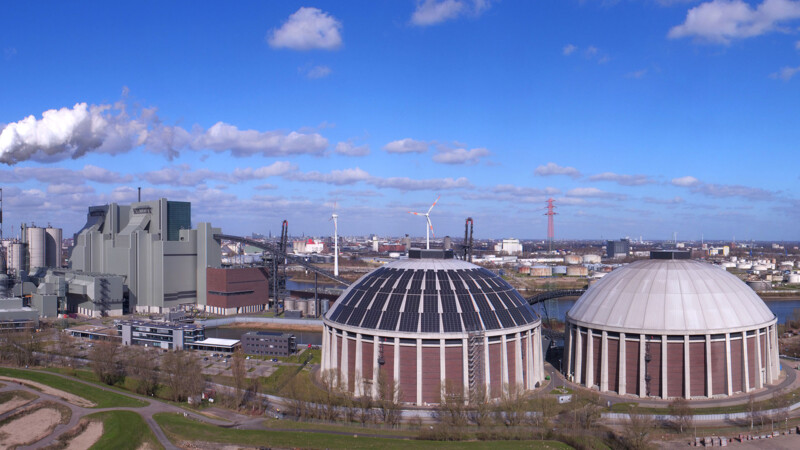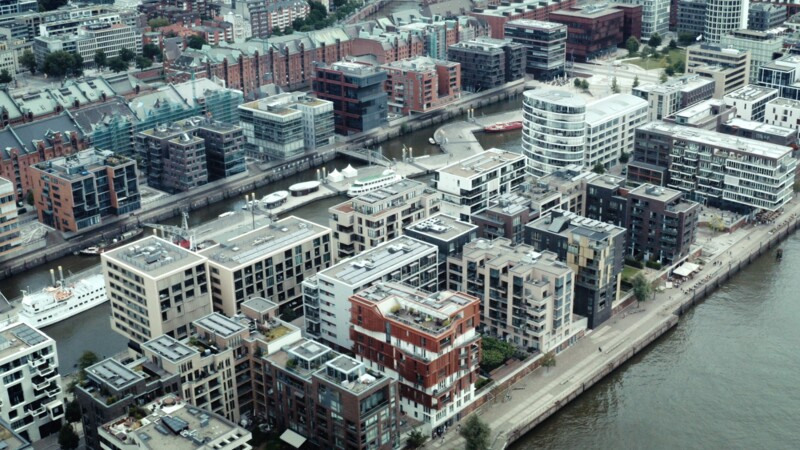This would result in 350,000 MWh p.a. in additional heat without higher emissions and should save about 104,000 tonnes of CO2 annually. The unique project is part of the North German Reallabor, which brings together stakeholders in commerce, science and politics to test new ways of achieving climate neutrality. Jens Kerstan, Senator for the Environment, commented: "The annual CO2 saving of 104,000 tonnes is an essential and in every respect climate-friendly contribution to the heat transition in Hamburg. We are not only advancing the phase-out of coal at the Tiefstack CHP plant, but also taking a big step towards the final coal phase-out."
The Ministry for the Environment, Climate Protection, Energy and Agriculture, Stadtreinigung Hamburg and Wärme Hamburg GmbH presented in December the "Extended Heat Utilisation" scheme to save thousands of tons of CO2 p.a. through improved plant efficiency at the Borsigstrasse waste recycling plant (MVB). The sub-project is part of the North German Reallabor and provides for additional heat production by cooling flue gases. The heat generated is to be transferred to the district heating network and the Tiefstack combined heat and power plant.
Improved use of heat to save CO2
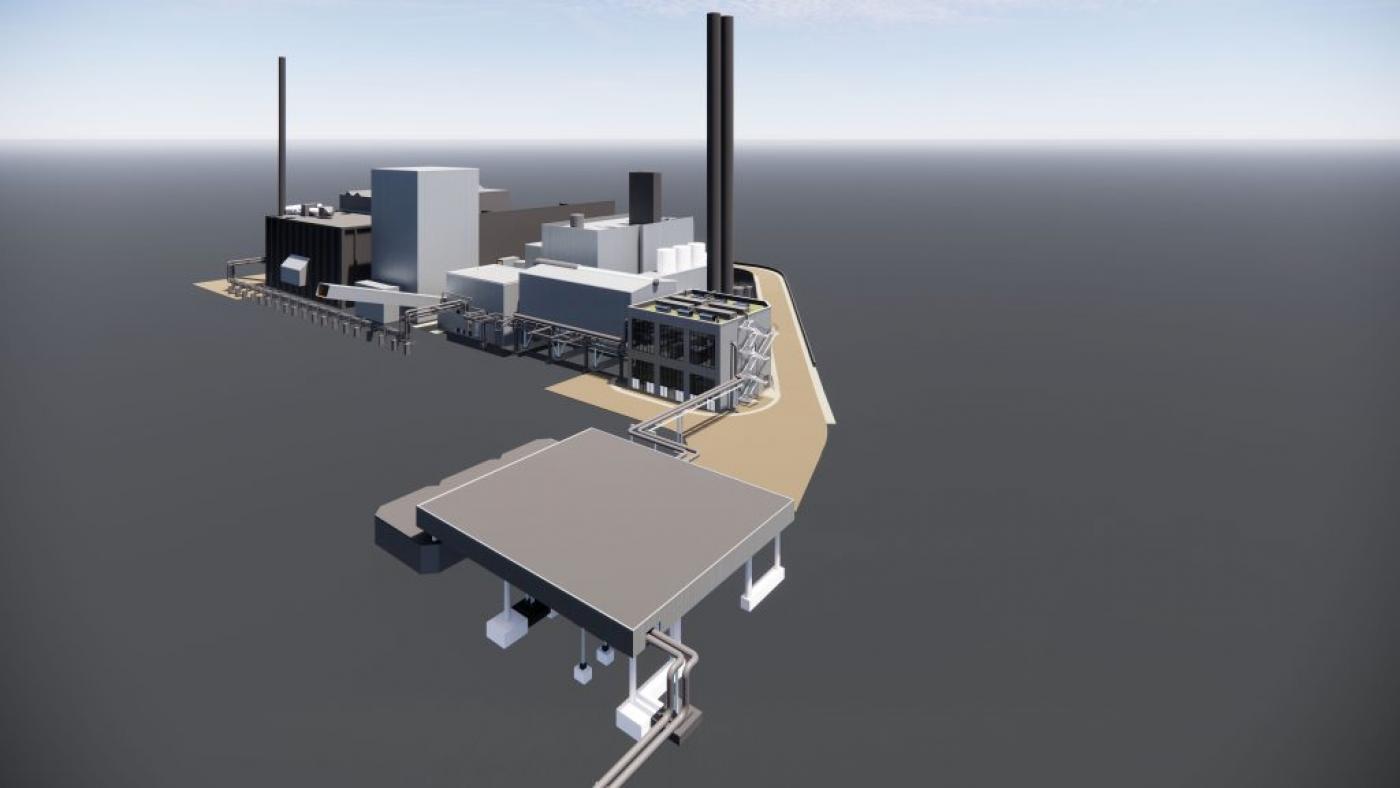
Commissioning in 2023
Construction of the Borsigstrasse plant will cost EUR 55 million, the ministry said. The German government and the European Union will foot 25 per cent of the costs. Commissioning is scheduled for late 2023. The heating project could also be adapted to the Rugenberger Damm (MVR) waste recycling plant, south of the Elbe, according to Rüdiger Siechau, Managing Director of Stadtreinigung Hamburg,
tn/sb/pb
Sources and further information
More
Similar articles
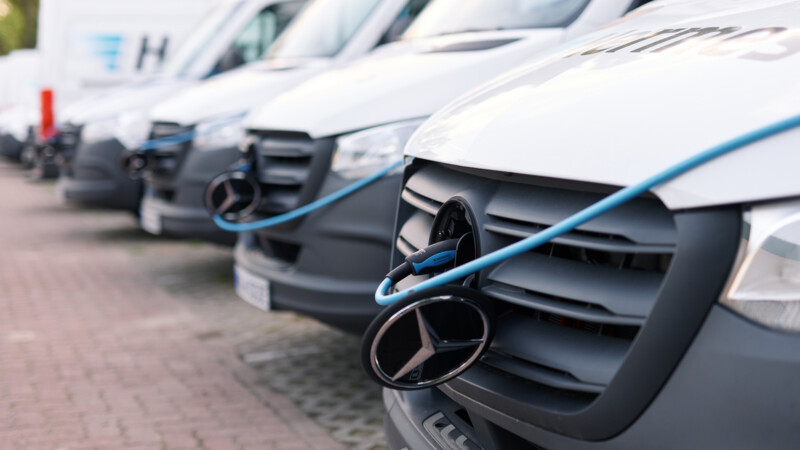
1,000 parcel delivery vehicles gone electric via Projekt Zukunft.de
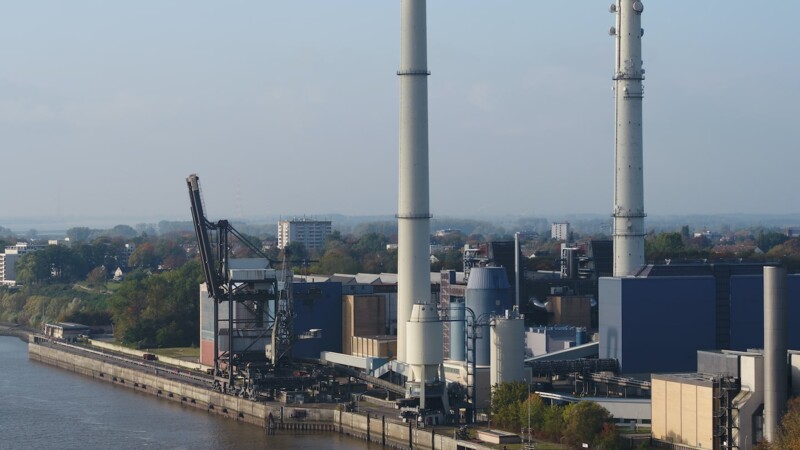
Build of power-to-heat plant starts in Wedel
